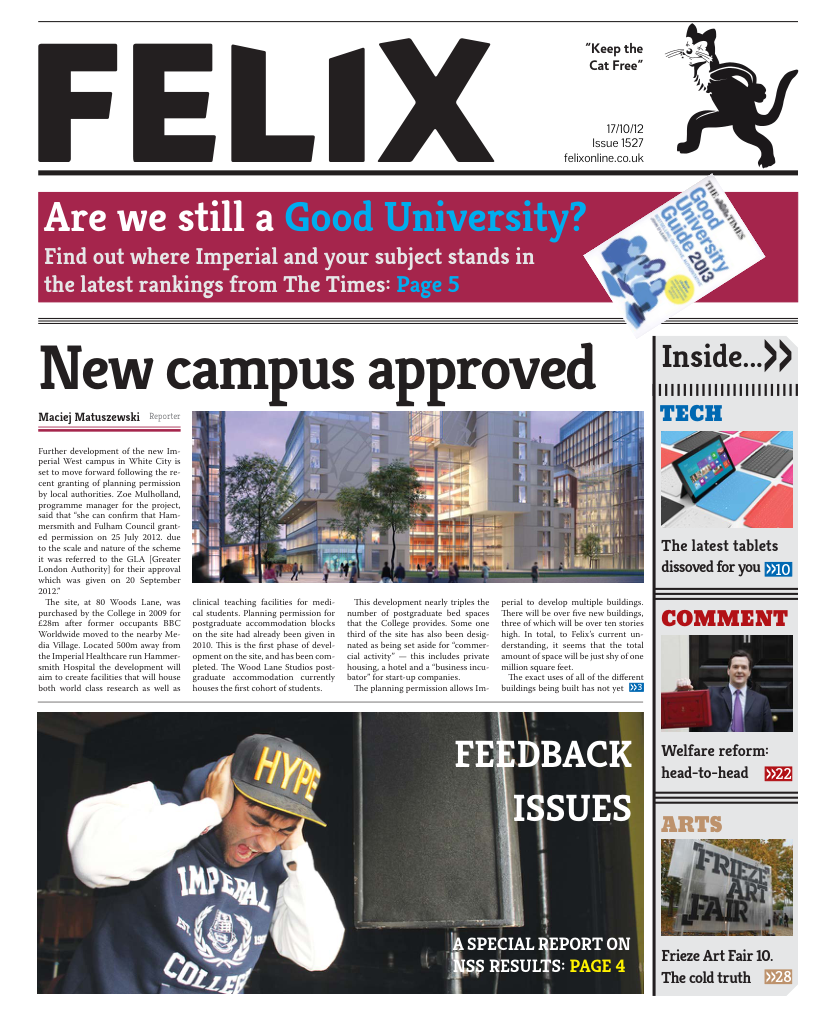You Don’t Have To Call It Music #2
Pt. 2 a new ear for classical, or: what post-war Polish composition has to do with British breakcore
Classical music has been all but abandoned by the generations following the XX Century iconoclasts. Swept aside by the hormonal avalanche of the baby boomers, modern music since Elvis turned to Africa for salvation from the amorphous excursions of the decades before. Percussion has informed practically all non-classical music since then, from rock’n’roll to jazz, and eventually hip-hop and techno. Rhythm and simplicity were the order of the day. Hour-long orchestral narratives were no longer acceptable. In an age of acceleration, brevity was the only way to be heard.
In 2005, techno machinist Jeff Mills performed a selection of his tracks with the Montpellier Philharmonic Orchestra. Tunes typically reserved for sweaty dancefloors in inhospitable locations were now met with cheers of “Bravo!” The audience now danced to the conductor’s lead, rather than politely nodding their heads in their seats. Recently, two legends of the Detroit and Berlin techno scences, Carl Craig and Moritz von Oswald, collaborated on a reworking of two of classical’s best-known pieces, Mussorgsky’s Pictures at an Exhibition and Ravel’s Boléro. Taking a studio recording from the Berlin Philharmonic Orchestra as their source, the two sampled, recomposed and remixed the classics into an electro odyssey, mixing 4/4 beats with blaring trumpets and scintillating violins.
With 2010’s 1-bit Symphony, American sound artist Tristan Perich simultaneously redefined established recording practices, while contextualizing classical music in the presence of modern advancements in technology. He programmed an entire symphony onto a standard microchip using 1’s and 0’s (binary assembly code), representing frequency simply as periodic sequences of digital bits. Packaged in a jewel case which held the circuitry instead of a CD, a flick of the switch ran the code and played the music. The symphony itself is composed of wonderful polyharmonics weaving in and out of each other, swelling in consonance and stupefying beauty.
Some artists have taken the old guard not merely as a model but as an inspiration. Rene Hell’s Porcelain Opera and The Terminal Symphony achieve the same form of elegance as Mozart’s most moving pieces, using only electronic instruments like modular synthesizers and effect pedals more usually reserved for noise or techno. Though not always present beneath the crumbling hiccups of failing circuitry, the harmony of an orchestra always lurks beneath the deep streams of fuzz. But when they come up for air, they whisper something of an enlightenment to the ears, suddenly drenching the panorama with swathes of colour and melody. Equally fragile and violent, teetering on the edge of collapse and always basked in some sort of orgasmic splendor, he makes circuits sing as if revealing a personality beneath them, one with emotions and memories. His most recent split album with Oneohtrix Point Never is warmly reminiscent of Glenn Gould’s recording of Bach’s Goldberg Variations, where the pianist can be heard intimately humming behind the microphone.
C. Spencer Yeh is another tantalizing figure to blend the artistry of classical music with the chaotic tendencies of noise. He runs his electric violin through a plethora of signal processing units, endowing walls of fuzz with searing melodic flourishes. Challenger is one of the most arresting and awesome offerings in recent years. The juxtaposition of sensitivity and power is incredible to behold.
Perhaps unsurprisingly, classical music has also made some moves in breakcore, a genre who’s drug-addled exponents revel in complexity. Last Wednesday saw Aphex Twin perform at the Barbican with the Heritage Orchestra and Choir. A year ago, he and Radiohead guitarist Jonny Greenwood adapted Krzysztof Penderecki’s Threnody for the Victims of Hiroshima in celebration of the Polish presidency of the EU. In 2005, Venetian Snares, another venerable actor of the breakcore scene, released an album of unrelenting beats cut with samples of Bartók, Stravinsky, Mahler, Paganini, Prokofiev and more. Already proficient in the exploitation of computational power to deliver his aural assault, he now used his tools to manipulate the magnificent works of more orthodox composers.
There has been some custom at the outer-limits of modern music to bow down to the cornerstones which made phenomenological physiology of vibrating particles. The paradox lies in the movement from such unorthodox ends of music to pay homage to ancient harmonic methods. After decades when technological progress informed the bounds of creativity, the avant garde somehow harkened back to the craft and delicacy only human hands could unravel.








